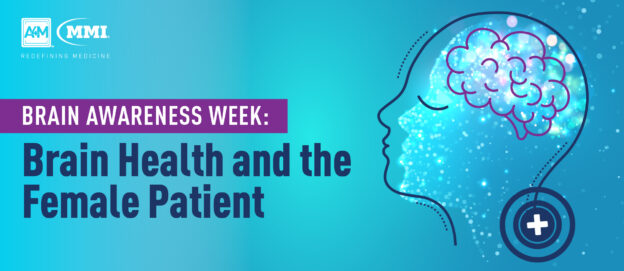Female physicians continue to make incredible progress in the practice of medicine yet gender-based disparities persist routinely leaving them underrepresented and under-compensated in the field. Despite identical workloads and responsibilities, women are still paid less than their male colleagues. They also hold fewer leadership roles in the executive suite, in organized medicine, as well as in academia; in addition, they are more likely to be passed over for tenure at major academic institutions and tend to have fewer bylines in academic journals. Efforts to address gender disparities have been successful to an extent yet female physicians continue to face gender-based barriers in their practice as a result of a variety of systemic factors.
Factors Contributing to Gender Gaps
According to a study recently published in JAMA Network Open, a lack of scheduling flexibility, availability of on-site child care, support for physician mothers returning to work, as well as expanded paid leave contribute to difficulties in balancing employment, especially in the case of working mothers.
Underrepresentation also plays a significant role as future female physicians have fewer opportunities for networking, sponsorship, and mentorship. An analysis of U.S. and Canadian conferences determined that the visibility of women as speakers at academic medical conferences is an important part of gender equity. Conferences represent opportunities for networking and mentorship yet the vast majority of speakers at these events are male.
Additionally, in low- and middle-income nations women are at an even stronger disadvantage due to lack of access to resources such as education, employment, and healthcare making it difficult for them to pursue academic and professional careers.
The Gender Pay Gap
A recent international Medscape study female primary care physicians (PCPs) in the U.S., United Kingdom, Germany, France, Brazil, and Mexico report being compensated at rates between 20-29% lower than their male colleagues. In Brazil, pay inequity was the greatest with female providers earning up to $11,000 less annually than male primary care physicians. Although it had the smallest discrepancy among the nations, Germany reported female physicians making a salary of $157,000 as compared to men who make $189,000 per year. Meanwhile in specialty care, providers reported even wider gaps in gender pay ranging from 19% in Spain up to 47% in Germany.
The gender pay gap in medicine, and most other professions, has often been attributed to women working fewer hours – however, evidence of this remains limited. Researchers conducting a 2020 study published in The New England Journal of Medicine found that female primary care providers generated 10.9% less revenue from office visits than their male colleagues and conducted 10.8% fewer visits over 2.6% fewer clinical days yet they spent 2.6% more observed time in visits overall.
After adjusting for PCP, patient, and visit characteristics, female physicians generated an equal amount of revenue while spending 15.7% more time with their patients. Results remained consistent in subgroup analyses regardless of gender, health status of patients and type and complexity of office visits. Overall, it was revealed that female PCPs generated less visit revenue than their male counterparts at the same medical practices due to a lower volume of visits yet they spent more time in direct patient contact per visit, day, and year.
Addressing Gender Disparities
The factors contributing to professional gender disparities are also the ones that shape a woman’s career trajectory and compensation therefore it is crucial to identify the areas in which the system fails to support female practitioners and address them accordingly with policy updates and amendments. At the same time, strategic actions need to be taken at an institutional level to help reshape systems women work within; it is up to healthcare institutions to make gender equity a priority.
Moving forward, an essential component of initiatives addressing gender disparities will be metrics used to track gender data ranging from the number of women in editorial or executive positions to faculty salary and number of appointments. Alongside tracking the representation of women in leadership roles, institutions need to offer training in implicit bias and how it relates to institutional bias as well as advocate for sponsorship and sponsorship programs tailored to female practitioners.
Although the field of medicine has expanded greatly, much more remains to be accomplished in terms of gender equality in practice, pay equity, and the lack of institutional support for women who now represent over half of all medical students in the United States. Recognizing the multitude of factors that impedes career development for female practitioners is the first step toward fixing the prevailing problem, many more will need to be taken before gender gaps can be successfully bridged in all facets of the medical industry.



